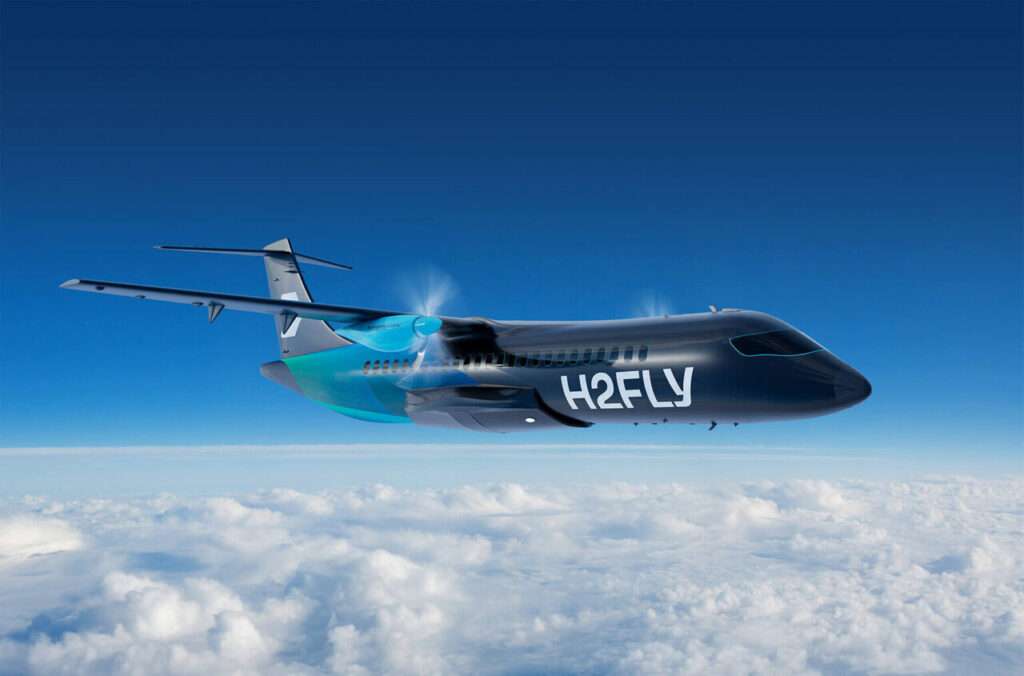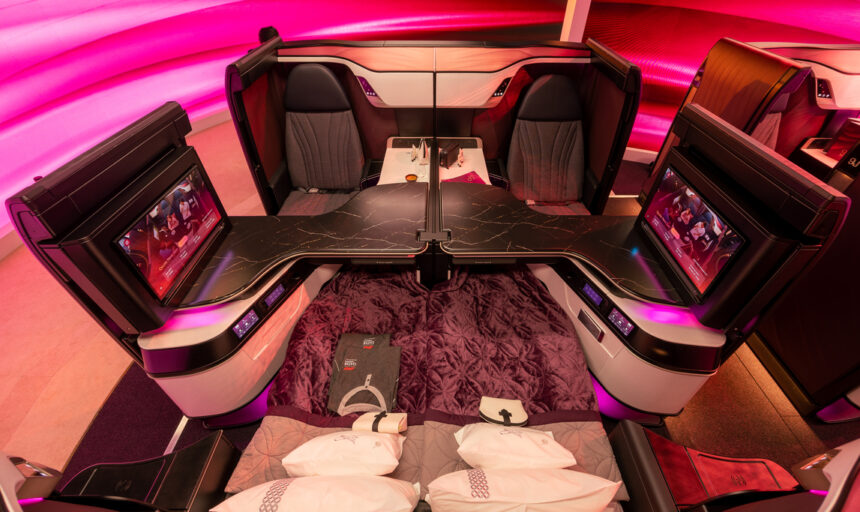H2FLY, a prominent developer of hydrogen-electric powertrain systems for aircraft, has unveiled the next iteration of its fuel cell system called H175. The H175 is a high-performance and modular power unit specifically designed for use in commercial aircraft applications.
The H175 program aims to offer a range of fuel cell systems that can be combined and scaled up to power hydrogen-electric aircraft in the megawatt-class range, suitable for aircraft with 20 to 80 seats.
H2FLY is responsible for developing, integrating, and testing the hardware and software of the overall fuel cell systems.
Advancement in fuel cell technology
Josef Kallo, the CEO and co-founder of H2FLY, expressed enthusiasm about the H175 announcement, stating that it represents a significant advancement in the aviation industry’s fuel cell systems.
“With H175 we introduce a completely new generation of aviation-grade fuel cell systems, pushing forward the state of the art in the industry,” Kallo stated.
By developing the H175 and addressing the challenges of using liquid hydrogen with fuel cells in the HEAVEN project, H2FLY aims to bring together all the essential elements required for sustainable and commercially viable air travel.
The H175 fuel cell systems will be capable of delivering their full power range at flight altitudes of up to 27,000 ft.
[monsterinsights_popular_posts_inline]
This achievement is a crucial milestone, as it signifies progress from lower altitude viability flight demonstrations to practical applications in real-world commercial aircraft.
H2FLY plans to conduct aircraft flight demonstrations using the first generation of the H175 system later this year.
Integration with Dornier 328 test aircraft
Additionally, as part of the “328 H2-FC” project funded by the German Ministry for Economic Affairs and Climate Action (BMWK), the company intends to integrate H175 fuel cell systems into a Dornier 328 demonstrator aircraft.
The “328 H2-FC” project is a collaborative effort with other partners, with the goal of developing a hydrogen-electric fuel cell system in the megawatt range and testing it through flight demonstrations.
H2FLY has been at the forefront of hydrogen-electric powertrain systems for aircraft for the past decade, having built and tested six generations of powertrains thus far.
In a significant achievement last year, the company’s testbed aircraft HY4 set a potential world record for hydrogen-electric passenger aircraft by flying at an altitude of 7,230 ft.
Moreover, H2FLY leads the European initiative called HEAVEN, which aims to demonstrate the feasibility of using liquid, cryogenic hydrogen with fuel cells in aircraft.
About H2FLY
H2FLY was founded by five engineers from the German Aerospace Center in Stuttgart and the University of Ulm, H2FLY GmbH is working to deliver to market the first qualified, fully hydrogen-electric aircraft powertrain.
By bringing hydrogen fuel cell technology to the next level, H2FLY will unlock the era of emission-free, sustainable air travel. The company develops hydrogen-electric propulsion systems for aircraft and is a global leader in the development and testing of such systems.
The HY4, the world’s first hydrogen-electric passenger aircraft, first took off in 2016, demonstrating both the feasibility and potential of this technology for the aviation of the future.
H2FLY has a powerful network of partners in industry and science and is currently working to accelerate its technology development and commercialization with the support of German and European partnerships.
In just a few years, hydrogen-electric aircraft are expected to be able to transport 40 passengers over distances of up to 2,000 kilometres (1,240 miles).









